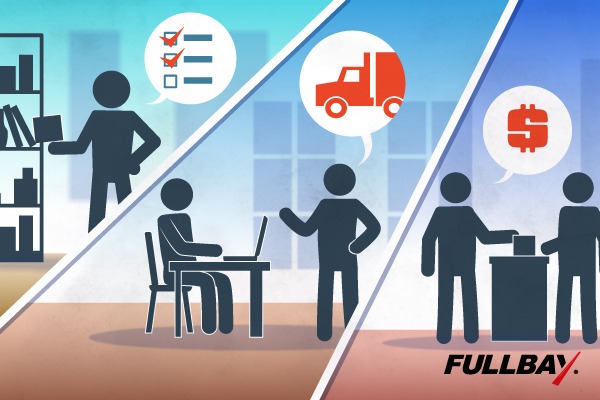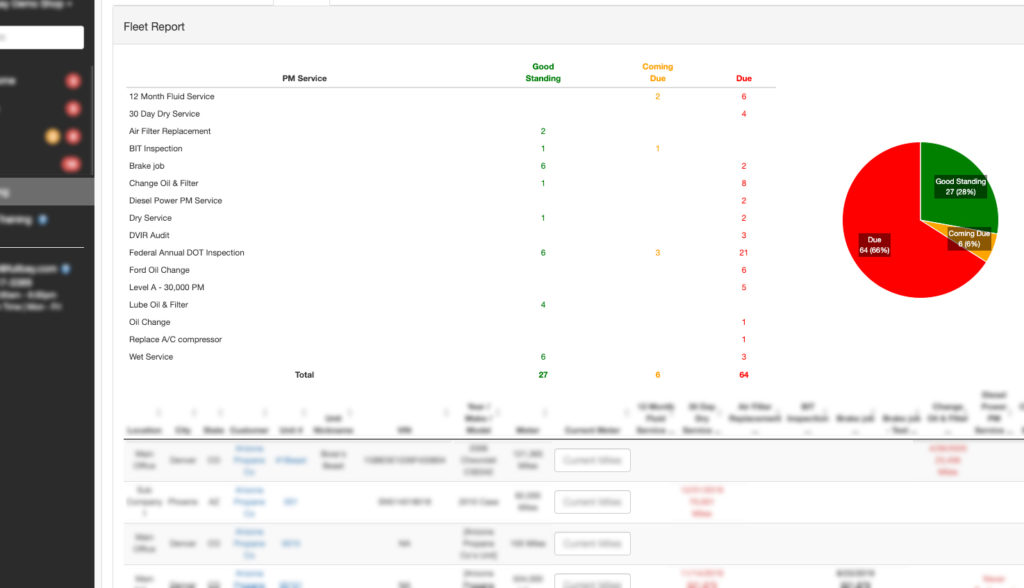The D-Word: How to Put Your Shop’s Downtime to Work

Today, we’d like to talk about the D-Word.
Downtime.
You may be facing it now, due to the unusual circumstances we find ourselves in. Pandemics aside, all shops deal with downtime at some point or another; it might be seasonal, or maybe just due to shifting economics. The reason doesn’t matter; what’s important is that you’ve seen a drop in billable hours.
Have you ever thought about turning that drop in workload into an opportunity?
Before we jump into the meat of this conversation, we’d like to make one thing clear: There’s a huge difference between a temporary drop in billable time and a permanent downturn in business. The latter is cause for worry – the former doesn’t need to be. Assuming your workload drop is temporary, why not take this time to finally tackle some of those projects you’ve let sit for months or years? Better yet, why not look into additional services that can top off your income?
We’ve compiled a list of things we’ve seen shop owners trying throughout the industry. Give some of them a try and let us know how you fare!
INVEST IN YOUR SHOP & EMPLOYEES
Don’t let the word “invest” scare you off – not all of these suggestions require a financial investment. The bottom line is, if you and your techs find yourselves with time on your hands, use it to better yourselves and the shop.
Organize your inventory. How does your parts room look? If it’s tidy, congratulations! We’re proud of you. But if you’re like a lot of shops, things might be looking a little…well…scattered. A few extra hours here and there means you’ve got the time to set up this room properly. Build extra shelves, put everything in its place, and make sure your labels are up to date. If you haven’t looked into managing your parts through Fullbay, maybe now is the time!
Train up your employees. Helping your staff keep up with continuing education is a big part of keeping up morale – which is a critical part of getting through tough times. Are there areas where your techs can improve on their education? Look into online classes – more and more of those are popping up – to get the ball rolling.
Master your management software. Yeah, we’re going to plug ourselves a little bit. If you’ve already a Fullbay user but are a little rusty, or have hired techs and need to get them trained on it, now is the time. Introduce them to Fullbay Learn!
Beautify your shop. Everyone’s got that one improvement project they have let sit for years. People at home are cleaning out closets and rearranging furniture. Maybe it’s finally time to paint that wall in the back office or clean out the filing cabinets you’ve been neglecting since the early 2000s. Look into updating your toolboxes and other equipment, or even redoing your break room. Got mobile techs? Don’t forget to reorganize and/or update their work trucks, too!
POTENTIAL ADDITIONAL SERVICES
So, you’ve helped your techs broaden their skill set, updated your shop, and even mastered the ins and outs of Fullbay. If you still have downtime, start thinking about turning it into billable hours.
We don’t mean you need to moonlight as a PI or start a side hustle. But there are numerous ways to beef up your current services – or introduce new ones.
Cleaning and disinfecting. There’s no way around it: keeping things clean and hygienic has become a huge part of daily life, and is likely to remain that way for a long time. Except doing the disinfecting is…well, time-consuming. You can provide a much-needed service to customers by adding a routine disinfecting to your inspection procedures. This does require some initial outlay of cash for protective clothing and a fogger (unless you’ve got those things just lying around, in which case, congratulations), but people will want this type of service for a long, long time. Want an additional suggestion that doesn’t even require us to start a new paragraph? Go mobile with that disinfectant service. If you find that customers like it and you’ve got a mobile truck (or the funds to obtain one), think about taking your cleaning game on the road.
Add LED checks to your inspections. Lights are an important part of a truck’s running equipment, and there’s a lot of places for them to fail – brake lights, turn signals, and clearance lights are only scratching on the surface. You should already be checking your customers’ lights, but if you aren’t, now is a good time to expand that program.
Create an advice vlog. Can’t chat with your customers face to face? Providing advice through the internet maintains that important person-to-person connection and it’s a cool way to keep your name out there. You can look into monetizing it by creating tiers; tier 1, for example, will consist of general advice and be free to everyone, while tier 2 might require a small monthly fee and feature detailed walkthroughs.
Buy & refurbish old or broken-down trucks. You have the staff, you have the know-how, and maybe now you have the time. After refurbishing a truck, you can often resell it (or any good parts it has) for a good rate – bringing in additional income and introducing your shop to an entirely new network of potential customers. Your existing customers may be able to help you out with this, too, particularly if a fleet owner is looking to unload some older vehicles.
Branch out. If you’re primarily working on one type of vehicle, look into others. The maritime industry needs technicians, too. If you’re not near a body of water this won’t apply to you, but if you have an ocean, lake, or large river within fifty miles or so, you might look into getting additional training and certifications so you can take on that work. That isn’t your only option, either. There is a heck of a lot of heavy-duty machinery out there that needs servicing (think excavators, farm equipment, and the like) – enough to keep you busy even during a downturn.
Send PM reminders. If you aren’t already tracking PMs for your customers, now is a great time to start. A lot of fleet owners are watching their expenses and would rather tackle smaller, easily made fixes now than get slapped with a huge (and avoidable) repair down the line. Their trucks stay on the road, and your shop gets steady income – win-win, right? Pending repairs come from several places, among them a) prior service requests where only ⅗ operations were completed; b) DOT inspections; and c) Unit metrics like engine hours and the service associated with those hours. That’s a lot of pending PMs you can remind your clients about…but that also sounds pretty time-consuming, right? Not so! Fullbay generates pending repair reports that make it easy for you to see who’s due for what. Having that information firmly in hand when you contact customers makes it all the more likely they’ll bring their vehicles in.

PM Report in Fullbay
We get it – no one likes downtime. But next time you and your staff find yourselves with extra hours on your hands, treat them as a chance to improve and expand yourselves instead of just lost income. By viewing them as the opportunity they are, you stand to broaden your business and help out your crew – and that’s great news in any economy!
